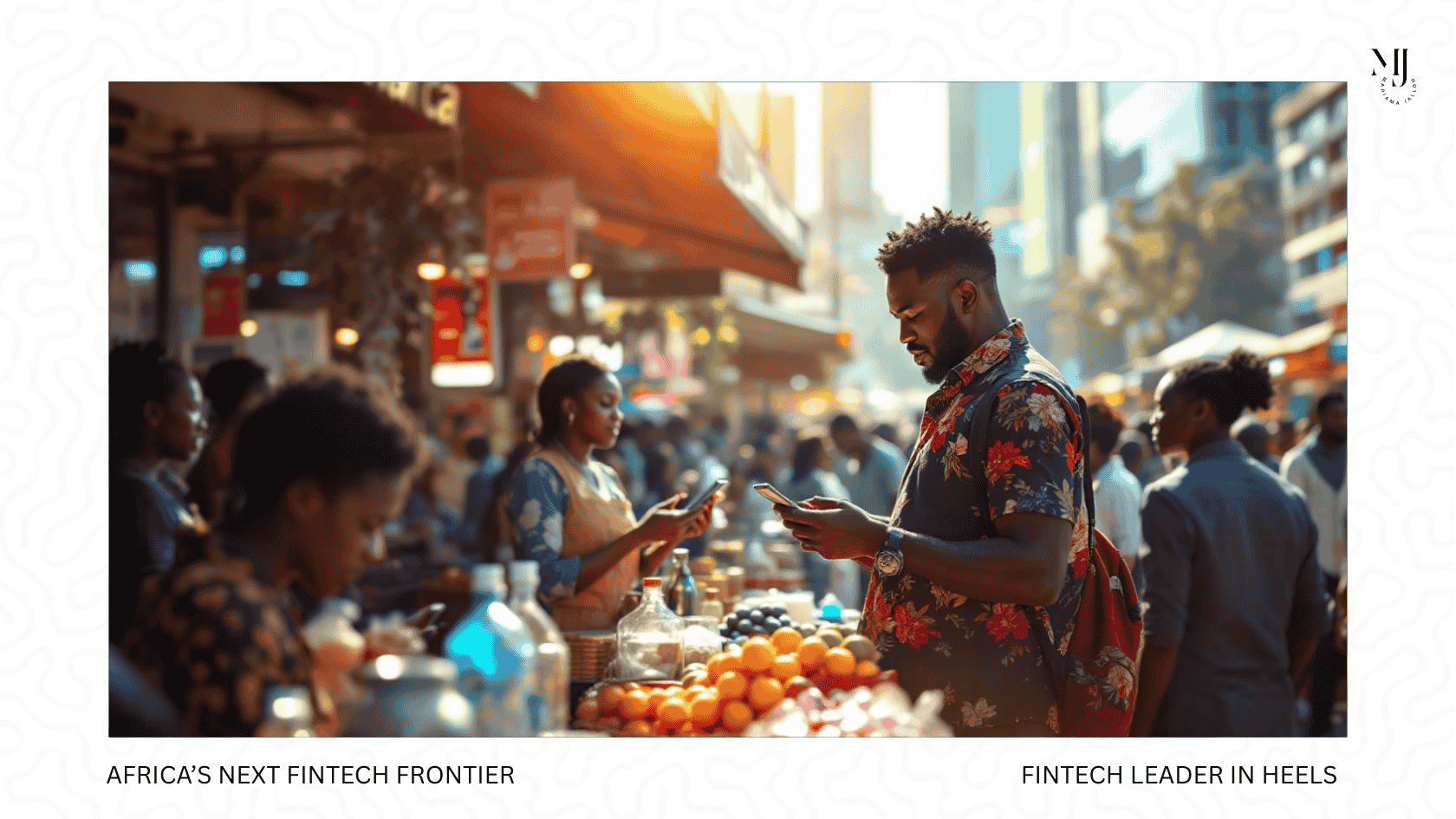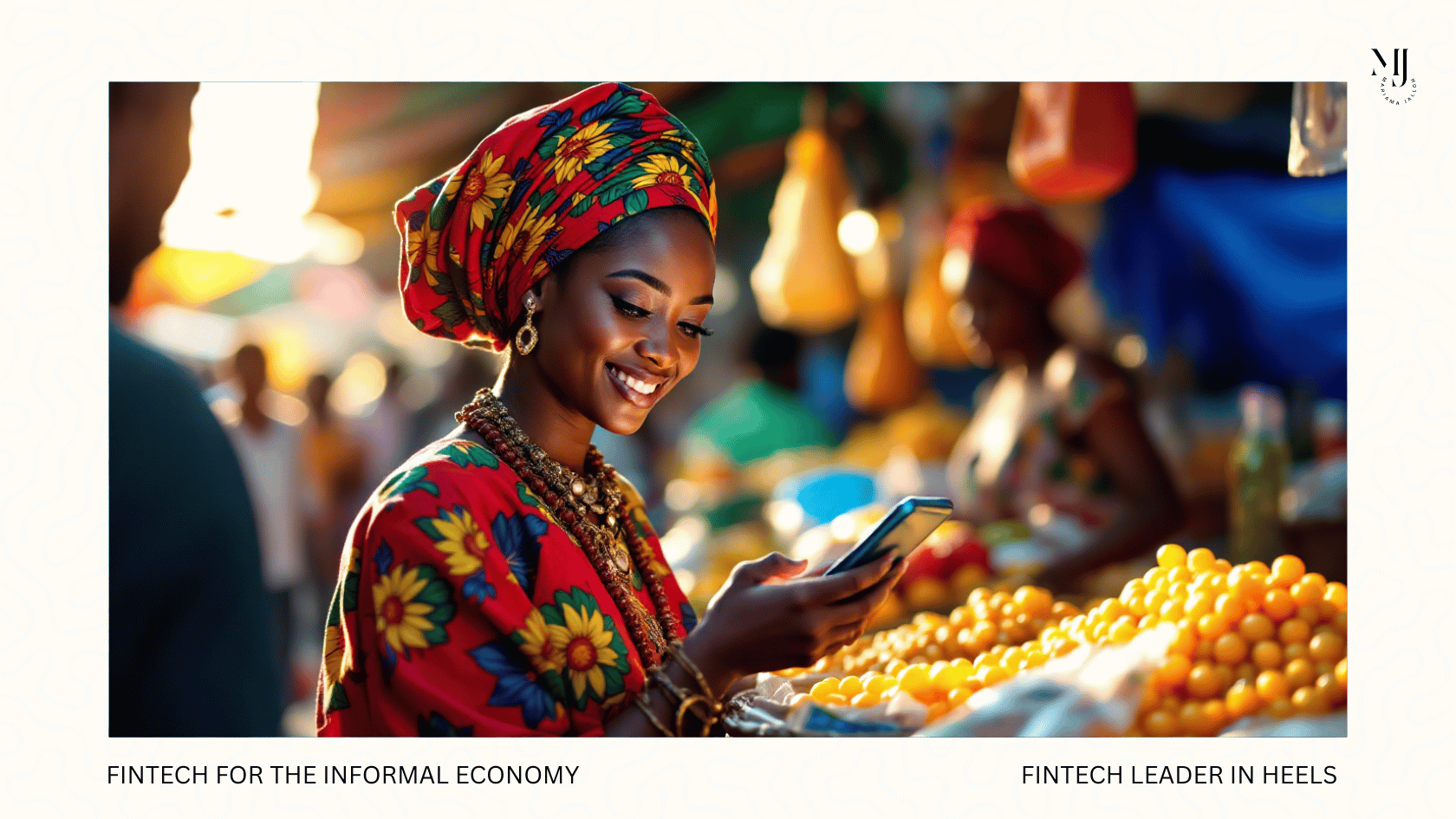
Africa’s Next Fintech Frontier: Interoperability or Infrastructure?
Today, Africa has more than 500 million registered mobile money accounts, according to the GSMA. But fragmentation remains a massive hurdle. In many countries, a user on MTN cannot send money directly to a customer on Airtel Tigo without extra steps, higher costs, or even physical cashouts.

Fintech for the Informal Economy: Designing Products That Truly Fit
The so-called informal economy is Africa’s economic backbone accounting for 80–90% of jobs and up to 65% of GDP in Sub-Saharan Africa (Fintech Insider Africa). From street vendors and market hawkers to gig workers and smallholder farmers, these entrepreneurs operate outside traditional banking systems, relying instead on flexible, trust-based tools.
For fintech, this is both a challenge and an opportunity. Success doesn’t come from copying legacy banking models that have already failed this sector it comes from designing products around local realities, cultural norms, and economic behavior.
This means building for USSD, agent networks, and pay-as-you-go flows; using alternative data for credit; digitizing savings groups; and embedding financial tools directly into daily workflows. Done right, fintech can unlock trust, scale, and lasting impact meeting people where they earn, trade, and thrive.

